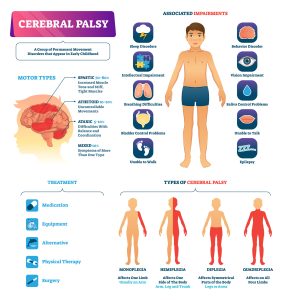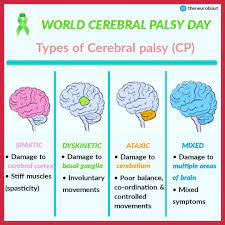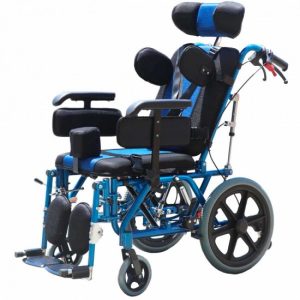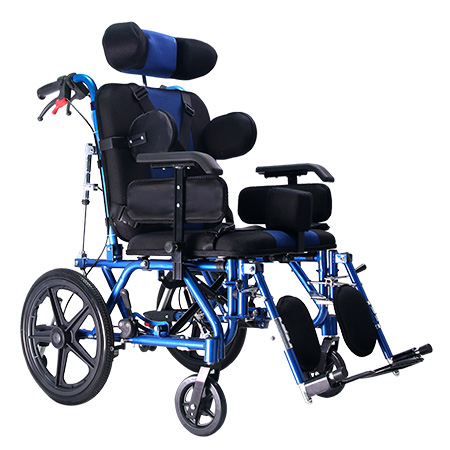Cerebral Palsy Wheelchair
Cerebral Palsy
It is due to abnormal brain development in the parts of the brain that control movement, often before birth.
Symptoms include: Exaggerated reflexes, floppy or rigid limps and involuntary motions

Type of Cerebral Palsy
1. Spastic cerebral palsy
2. Dyskinetic
3. Ataxic
4. Mixed

Cerebral: something to do with brain
Palsy: means weakness
People with cerebral palsy can have problems swallowing and commonly have eye muscle imbalance in which the eyes don’t focus on the same object.
Might also have reduced range of motion at various joints of their bodies due to muscle stiffness.
Can also affect speech and eating

Development
-Delay in reaching motor skills milestones
-Learning difficulties
-Intellectual disabilities
-Delay growth
It can also contribute to other neurological problems
Seizures
Difficulty hearing
Problems with visions and abnormal eye movement
Abnormal touch or pain sensations.
Statistics


